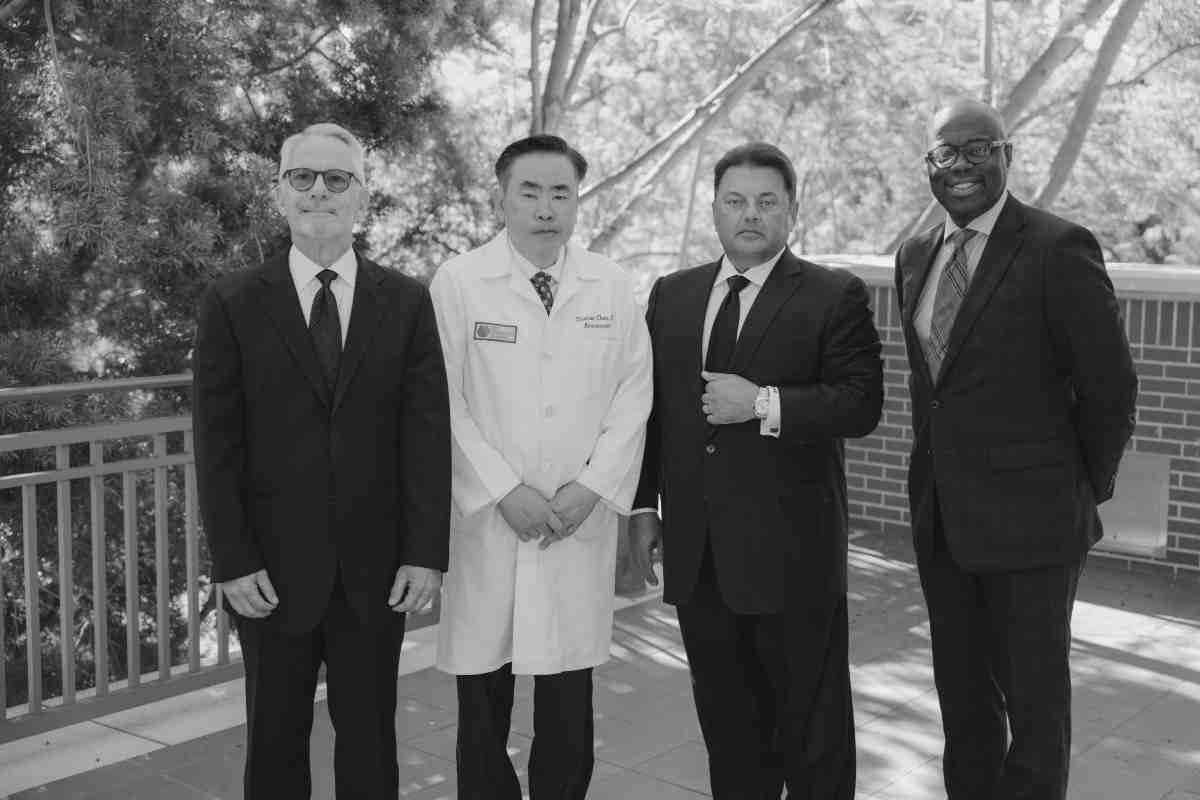Empowering Cancer Patients: NeOnc’s Home-Based Treatment Gives Control Back
Being diagnosed with a terminal illness can leave a person feeling powerless, stripped of their agency, and utterly out of control of their own lives. And for brain cancer patients — who often must undergo invasive treatments with limited efficacy — having to regularly commute to healthcare facilities for treatments can be especially exhausting and even defeating.
However, Dr. Thomas Chen, Director of Surgical Neuro-Oncology at the University of Southern California and founder of biotech company NeOnc, has developed a uniquely effective, home-based treatment that helps those diagnosed with brain cancer regain some sense of normalcy.
That new treatment isn’t a brand-new drug. Instead, it’s a delivery system. “What we’re trying to do is something that nobody else is doing for brain cancer. And that is to bypass the blood-brain barrier,” says Dr. Chen. “We’re bypassing the blood-brain barrier, but not by an oral or intravenous route. We’re doing what we call nasal-brain delivery. You’re inhaling a compound and letting your cranial nerves deliver the drug to the brain.”
The treatment is still in clinical trials, but it’s showing incredible promise. Dr. Chen explains that it’s extending the lives of brain cancer patients who have run out of options. In some cases, patients’ tumors have even seemed to disappear.
Some of that may be because the intranasal route often means patients receive a stronger dose of the drug with fewer debilitating side effects. “We think that it’s actually more potent because we’re getting direct delivery to the brain,” says Dr. Chen. “It’s more direct to go the nasal-brain route than it is to go systemically. Besides the fact that more of it gets to the brain, you have less of the systemic side effects that you’d get from taking a drug intravenously or orally. When it goes throughout the whole body, it has to be metabolized by the liver, kidneys, etc., so there’s a greater chance of having systemic toxicity because of it.”
The delivery system has another critical benefit: it’s something patients can give themselves at home.
“A patient inhales the treatment, and it goes directly from the olfactory nerve, and it gets circulated via the spinal fluid into the artery,” Dr. Chen says. “It’s a formula in what’s basically a nebulizer treatment. The patients take it four times a day with a nasal nebulizer. It’s a 20-minute treatment at a time, and they just do the treatment at home.”
Having a treatment you can do comfortably at home is great for anyone. However, for someone with brain cancer, that seemingly small change can be revolutionary. The physical and mental drain of a terminal illness is indescribable, and having to regularly travel for treatment can quickly become exhausting.
Dr. Chen has seen firsthand how improving a patient’s comfort, state of mind, and overall quality of life can help them ultimately achieve better outcomes.
“When patients are in more familiar surroundings at home, they feel like they can continue their lives,” he says. “Hope is so important in patients that are getting treated. They do better when they have hope.”
